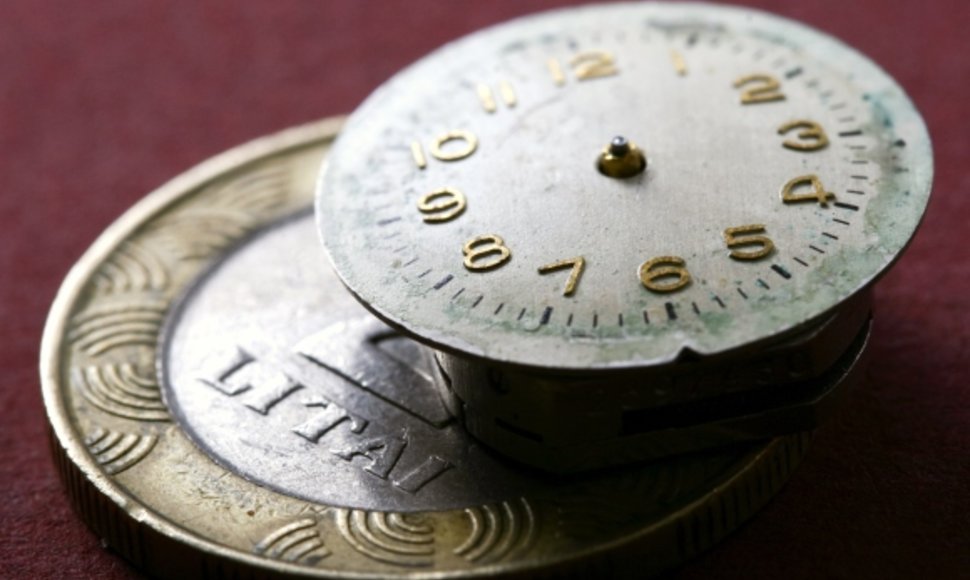In line with the draft approved by the Cabinet, the budget revenues are expected to increase by 2.2 percent next year, or by 549.069 million litas (EUR 159.15m), from the amount planned for this year. The expenditures will grow by 2.5 percent, or 638.487 million litas, and the deficit, by 14.7 percent, or 89.418 million litas.
The current government has set the fiscal deficit of 2013 at 2.5 percent of GDP. This year it should not exceed 3 percent.
Defense spending
Allocations for the Lithuanian Defense Ministry should be increased by more than 50 million litas (EUR 14.5m) in 2013, according to the budget draft published on Tuesday.
Under the document, defense budget should be raised to 923.9 million litas. In 2012, the allocations stand at 870.2 million litas, which makes 0.79 percent of the gross domestic product (GDP).
Even with the 50 million litas increase, the defense budget share of the GDP would remain very similar to the existing one, as the gross domestic product is also expected to swell next year.
NATO member-states have committed to raising their defense spending to 2 percent of the GDP.
Prepared by the outgoing center-right government of Andrius Kubilius, the budget may be subjected to changes by the new administration. Three opposition parties – the Labour Party, the Social Democratic Party and Order and Justice party – have opened coalition talks.
Algirdas Butkevičius, leader of the Social Democrats, said in comment of the budget plans that national defense was not among priority sectors, adding that defense spending could be raised "by an eyelash," provided that financing of other areas is also increased.
"During a meeting with the then head of the US Embassy and NATO representatives, we said we would make gradual increases. We will first consider the economic, social, and financial situation. This is not one of the priority sectors. If the general allocations are increased, that to the defense can also be raised by an eyelash," he said.
"If the GDP share remains the same, I think it is a wise call," the Social Democratic leader added.
On the eve of NATO's Chicago summit in May, 11 Lithuanian political parties signed an agreement envisaging “systematic increase of defense spending, with the long-term goal of earmarking 2 percent of the gross domestic product (GDP) for defense purposes.” No time-frames are specified in the document.
VAT exemptions
The Finance Ministry has proposed to keep reduced VAT rates on district heating and medications in place next year, which will cost an estimated 382 million litas (EUR 110.7m) in lost budget revenue.
If the proposal, which was submitted alongside next year’s budget bill, is approved, the 9 percent VAT rate on heating and the 5 percent rate on drugs will remain in place for another year.
In line with existing legislation, the 9 percent rate on heating and the 5 percent rate on medications shall be applied temporarily until the end of this year. Under the law, a reduced VAT rate applies to books for an indefinite period of time.
The standard VAT rate in Lithuania currently stands at 21 percent.
The Ministry has also proposed to hike the rates of excise duty levied on cigarettes and diesel fuel from January 2013. As estimated, the price of cigarettes may as a result grow by around 0.3 litas (EUR 0.08) per package, and the price of diesel fuel – by around 0.12 litas per liter.
With this measure implemented, the budget may next year generate around 19 million litas in extra revenues on tobacco tax and around 94 million litas in extra revenues on diesel fuel tax.
The proposal is based on the necessity for Lithuania to reach the minimum rates of excise duties established by the European Union (EU).












